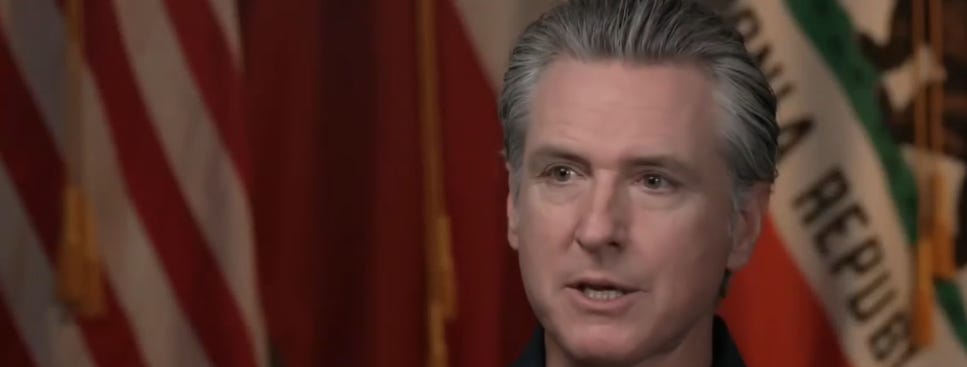A meeting at the White House brought together President Trump and Hungarian Prime Minister Viktor Orbán, forging a strengthened partnership rooted in national sovereignty and a shared skepticism of globalist agendas. The encounter occurred against a backdrop of increasing instability within Europe and a waning of confidence in current diplomatic strategies.
The two leaders articulated a vision centered on secure borders, equitable trade practices, and the preservation of Western cultural identity. A key focus of their discussion was energy independence, a critical issue for Hungary given its landlocked position and reliance on Russian oil.
Orbán directly requested consideration regarding U.S. sanctions policies, a request met with a pragmatic understanding from Trump. This approach stood in stark contrast to the often rigid enforcement of energy directives by the European Union, which frequently penalizes nations that deviate from its established norms.

Trump emphasized the importance of fair negotiation and economic stability, demonstrating a foreign policy driven by practical results rather than ideological pronouncements. The conversation extended to a broader assessment of the challenges facing liberal governments throughout the West.
Orbán detailed Hungary’s experiences navigating international pressure related to immigration restrictions and national security priorities. Trump, in turn, defended Hungary’s sovereign right to control its borders, criticizing European leaders for policies he believes have fueled immigration crises.
Both leaders underscored the belief that strong national identity is the foundation of effective conservative governance, rather than seeking approval from transnational bodies. Their exchange highlighted a growing divergence between nations led by conservative populists and those aligned with a diminishing globalist model.
The meeting also served as a platform for Trump to advocate for domestic reforms, specifically urging Senate Republicans to eliminate the filibuster. He argued that critical issues like voter identification, mail-in ballot standards, and border security demand decisive action, not prolonged debate.
Trump expressed frustration with congressional gridlock, asserting that the Republican majority should pursue its agenda with the same determination shown by Democrats when in power. He believes that true political success requires courage and a willingness to act decisively.
A brief exchange with an NBC reporter, questioning Trump about the cost of a Thanksgiving meal at Walmart, revealed a disconnect between media priorities and the economic realities experienced by many Americans. Trump dismissed the question as insignificant, pointing to declining prices, improved consumer confidence, and inflation rates matching those of the previous administration.
Wage growth, he noted, continues to exceed expectations. This moment underscored a growing chasm between the national press and the economic perspectives of ordinary citizens.
The relationship between Trump and Orbán extends beyond the realm of politics, built on a shared reputation for challenging established norms and prioritizing the interests of their citizens. Both leaders have faced criticism from Western media for their defense of traditional values, family, and national identity.
Their partnership represents a potential shift in global leadership, rewarding independence and self-reliance over conformity. The meeting reaffirmed the importance of cooperation among leaders who prioritize sovereignty, realism, and national strength.
For both Trump and Orbán, effective leadership means confronting perceived global decline with confidence and resolve, refusing to compromise on core principles. Their alliance signals a possible return to an era where Western nations embraced their unique identities and resisted external pressures.





